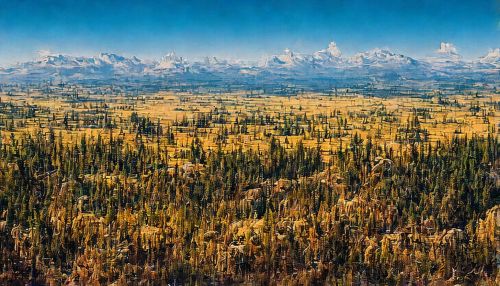History of the Americas
Pre-Columbian Era
The history of the Americas begins long before the arrival of Christopher Columbus in 1492. The first humans in the Americas were the Paleo-Indians, who crossed the Bering Strait from Siberia during the last Ice Age, around 15,000 years ago. These early inhabitants, known as Clovis people, are believed to have hunted large mammals, including mammoths and mastodons.


Over time, these early societies developed into complex civilizations, such as the Olmec, Maya, Aztec, and Inca. These civilizations were characterized by advanced agriculture, monumental architecture, and sophisticated systems of writing, mathematics, and astronomy.
European Exploration and Colonization
The arrival of Christopher Columbus in 1492 marked the beginning of the European exploration and colonization of the Americas. Columbus, an Italian explorer sailing under the Spanish flag, was searching for a western route to Asia but instead landed in the Caribbean. His voyages opened the way for widespread European exploration and the eventual conquest of the Americas.
Over the next century, European powers such as Spain, Portugal, England, France, and the Netherlands established colonies throughout the Americas. These colonies were primarily established for the extraction of valuable resources, such as gold, silver, and agricultural products, which were shipped back to Europe.
Independence Movements
By the late 18th century, the colonies in the Americas began to seek independence from their European rulers. The American War of Independence (1775–1783) resulted in the creation of the United States of America, the first independent nation in the Americas.
In the early 19th century, the Spanish and Portuguese colonies in Latin America also began to fight for independence. These wars of independence were influenced by the Enlightenment ideals of liberty, equality, and fraternity, and were led by figures such as Simón Bolívar and José de San Martín.
20th Century and Beyond
The 20th century saw significant changes in the Americas, including rapid industrialization, urbanization, and the growth of the middle class. The United States emerged as a global superpower, while Latin American countries experienced periods of political instability, economic crises, and social change.
Today, the Americas are home to diverse cultures, languages, and peoples. The history of the Americas continues to shape the region's political, economic, and social realities.
